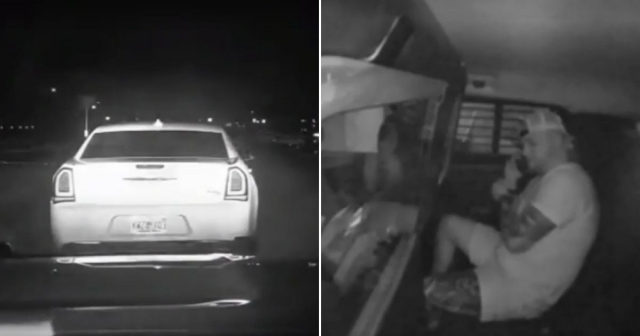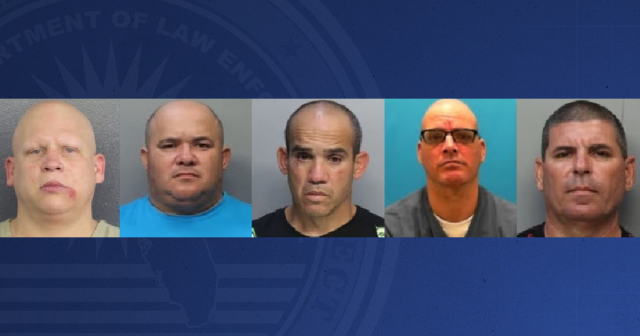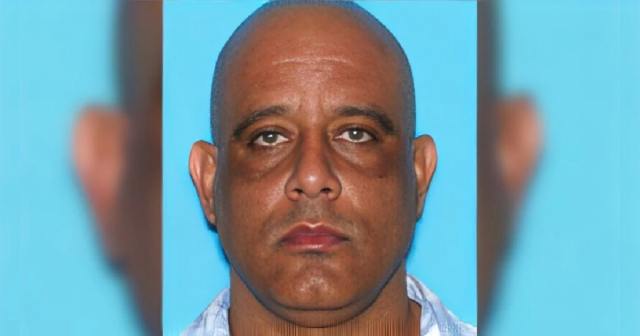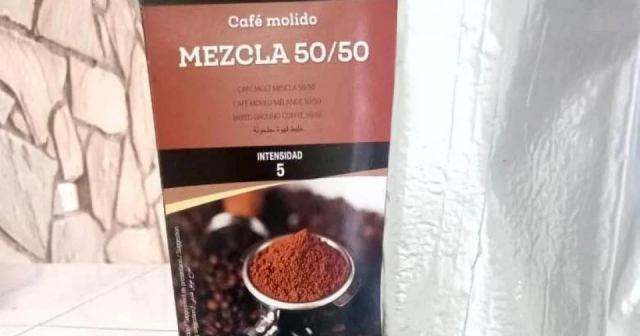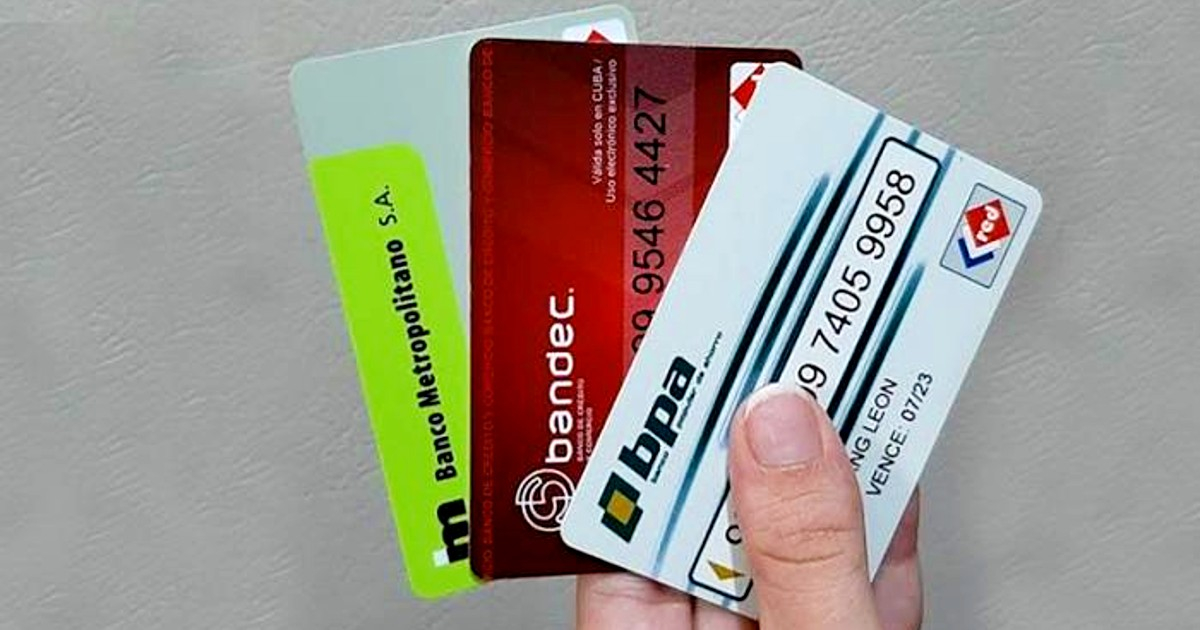
More than 200 people were reported in the city of Camagüey during 2022 for banking scams related to electronic operations.
Most of the scams are linked to currency exchange operations on the black market,Explain a report from the local official newspaperForward.
Yoryana Sarduy Cruz, communication and marketing manager of the provincial management of the Banco de Crédito y Comercio (BANDEC), explains that several departments of the entity are in charge of serving customers and providing authorities with data to help catch fraudsters. , but many still refrain from making the complaint.
The low rate of complaints has to do with the fact that those who are scammed "contribute to another type of crime: the illegal trafficking of foreign currency or coins, in search of more lucrative alternatives to operations through official channels, such as Cadeca," says Edismar Martínez. Hernández, chief prosecutor of the criminal proceedings department in Camagüey.
Many clients give the scammers their personal data, the card number, and sometimes the multibanking and, above all, the record of the latest operations, which contains a generation of codes that include the card pin.
Hemode of operation It then consists of changing the password and immediately removing the owner's access.
Martínez Hernández assures that, since December 2022, with the approval and publication of Law 151 Penal Code, which formulates title IX Crimes against the integrity of telecommunications, information and communication technologies and their services, the Banking users have a regulated field of legal protection.
Despite this prosecutor's assertions, those who report scams in electronic currency exchange operations are sometimes ignored by the authorities.
In April of last year, a Cuban woman reported thatwas scammed when making an online transaction to buy freely convertible currency (MLC) and when she went to the police to present her case, the officers told her that she also committed a crime.
Citizen Maritza Rodríguez wrote toCyberCuba telling his experience. He pointed out that the complaints of fraud due to the online purchase and sale of MLC, before the Cuban police, are not valid and that they clean their hands by blaming the victims of the theft.
“I was scammed too. Since January 22, I filed a complaint about the scam and because they (the online thieves) kept my identity. To date the police have ignored it,” Rodríguez said.
On that same date, the Cuban youtuber Dina Stars, who currently resides in Spain,He suffered a scam in which he lost 21 thousand pesos when trying to make an online transaction with a stranger, to buy MLC.
What do you think?
COMMENTFiled in:

